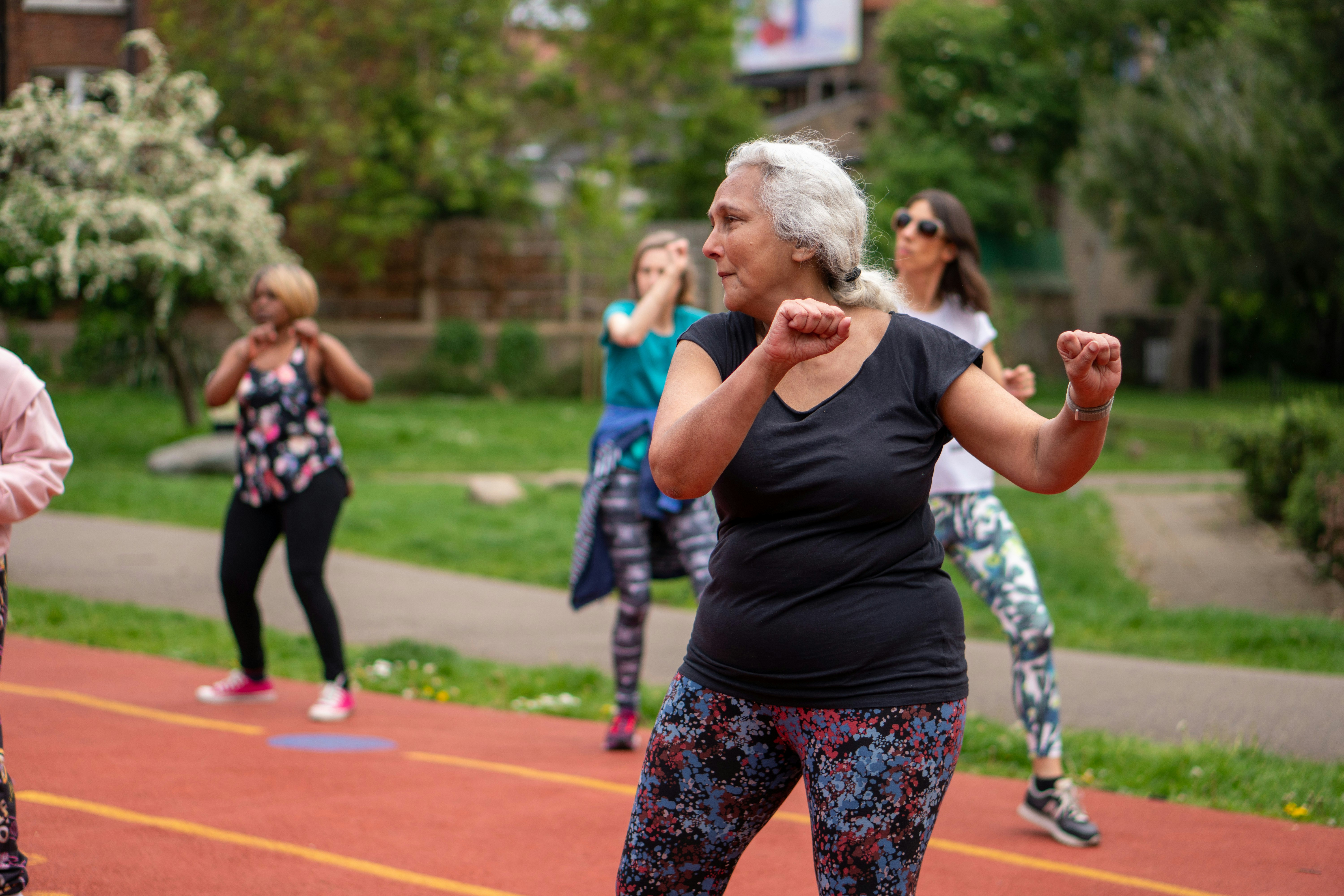You know someone’s getting old when they start wearing Band-Aids in odd places, like the back of their hand or edge of their forehead. Staying injury-free is difficult when aging, and the cost of medical insurance rises as your health issues do. Some illnesses are unavoidable, but through proactive measures you might avoid others. Here are some factors that contribute to injury along with methods for preventing them as you age.
Stretching
This is often underrated when it comes to health and fitness. Stretching improves the range of motion in your joints by increasing the extensibility of muscles, tendons, and connective tissue. Because muscle tightness can lead to imbalance, this increases the risk of falls, which might cause severe injuries.
Exercise
Getting regular exercise is crucial to avoiding injuries, as stronger muscles mean a better ability to absorb impact and handle sudden movement. Strength training reduces the fragility of your bones as you age, simultaneously improving your balance when performing exercises. This in turn will reduce the risk of falls, common in older adults, along with accelerating recovery time.
Diet
Diet has a larger role in preventing injury than you might think, not to mention speeding up recovery time after an injury. You need to eat enough. While there is a lot of focus on overeating when discussing nutrition, it’s important to not undereat. Not eating enough calories during the day forces your body to go into a catabolic state. This prevents your body’s ability to repair tissue damage after a workout.
This includes hydration, as it plays a crucial role in every part of the body. Older adults are more vulnerable to dehydration due to medication or health conditions. Lack of adequate water intake can result in internal injuries to the kidneys or intestines, affecting skin and metabolic health.
Sleep
Getting enough sleep correlates to more than just our mood or work performance. This can reduce our ability to function during the day, leading to possible falls or injuries while exercising. Sleep disorders are common among older adults, leading to poor concentration and slow response time. Decreased sleep also leads to sickness, reducing how quickly you recover.
Methods of Prevention
Here are a few ways to prevent injury or reduce the impact it might have on your body:
- Perform static stretches following a workout and dynamic ones preceding it.
- Try strength training, working all major muscle groups.
- Refine your diet, focusing on whole foods and an adequate amount of carbs, fats, and proteins.
- Stay hydrated, aiming for at least 6 glasses a day.
- Get 7 or more hours of sleep nightly, avoiding daytime naps.
Try implementing these four habits into your normal routine to lessen the possibility of pain or injury. Injuries can be frustrating, as they throw off your normal routine. However, through listening to your body and learning when it needs rest, you’ll be on track for a healthier life.





